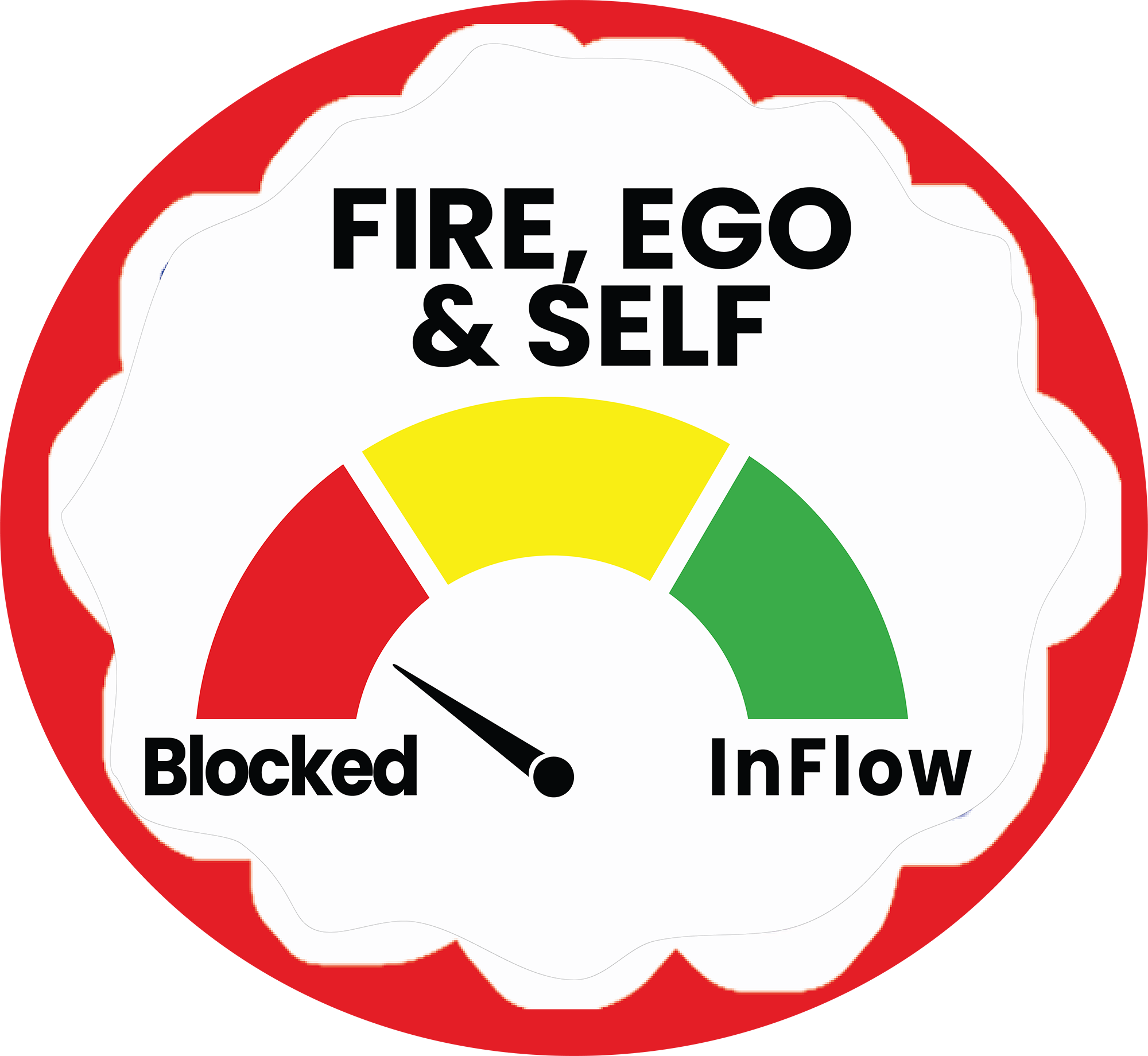
BLOCKED
YOUR RESULTS
Note: Progress may stalled if the initial feeling was minimal.
Embracing Your Inner Worth : The Key to Attracting Abundance
Many of society’s most successful leaders are driven by an obsessive desire to achieve, to do more, and to make a greater impact. While these traits can pave the way for remarkable success, they can also be rooted in a wounded inner child—a part of us that believes we’re only valuable if we’re continually succeeding.
Reflect on your early childhood memories. Were you subjected to strict behavioral rules, frequently told to be quiet, or made to feel as though your opinions didn’t matter? Such experiences can instill a deep, often hidden sense of “not being enough.” Many of us, myself included, may unconsciously compensate for this lingering insecurity by cultivating an inflated ego!


Is Your Self Confidence Truly Unshakable Or Is It Built On Your Success?
Embracing Your Inner Worth : The Key to Attracting Abundance
Many of society’s most successful leaders are driven by an obsessive desire to achieve, to do more, and to make a greater impact. While these traits can pave the way for remarkable success, they can also be rooted in a wounded inner child—a part of us that believes we’re only valuable if we’re continually succeeding.
Reflect on your early childhood memories. Were you subjected to strict behavioral rules, frequently told to be quiet, or made to feel as though your opinions didn’t matter? Such experiences can instill a deep, often hidden sense of “not being enough.” Many of us, myself included, may unconsciously compensate for this lingering insecurity by cultivating an inflated ego!

YOUR RESULTS: BLOCKED
THIS WAS MY BIGGEST BLOCK: EVEN WITH MY SELF CONFIDENCE & SUCCESS
HELD IN YOUR BODY ABOVE YOUR upper stomach TO BELOW YOUR HEART
In my earlier years, if there was one thing I was certain of, it was my deep and unshakable self-confidence. That confidence carried me through countless challenges, until I found myself locked in a years-long daily battle to keep my board of directors from dismantling the SaaS company I had founded and grown to great success.
It was during this tumultuous time that the suppressed childhood trauma of feeling “not good enough” surfaced into my consciousness.”
Even today, one of my main motivations for meditating is to avoid slipping back into the false belief that without outward success, I’m somehow not enough or unworthy.” Scott
- Self-Expression: Were your emotions encouraged or praised? Did you feel that your parents truly wanted you to be yourself, regardless of their own beliefs or expectations?
- Helicopter Parents: Even with loving and supportive parents, over-monitoring and over-programming can limit opportunities for self-discovery. In recent decades, this has become increasingly common, restricting children from exploring and developing their own identities.
- Never Quite Enough: Did you ever feel that your parents were never fully satisfied with your accomplishments or personality? That sense of always needing to be “a bit better” can create lasting self-doubt.
- Spanking and Punitive Discipline: Physical punishment, like spanking, reinforces through the body the message that “you’re not good enough.”
- External Pressures: If both parents worked, leaving you in external environments with high demands, it might have hindered your ability to feel safe experimenting with new aspects of your personality.
- Unconditional Love: Did you feel a lack of unconditional love from one or both parents?

Are You Focused on the Journey Or the Destination
Many of society’s most successful leaders are driven by an intense, almost obsessive, desire to achieve more, accomplish more, and make a greater impact. While these traits often fuel success, they can also be rooted in unresolved childhood wounds, deep-seated beliefs that they are only worthy if they are constantly achieving.
Those carrying blocks/trauma in this area are at a higher risk of developing the following addictions or emotional patterns:
Note: Even if you don’t identify with these patterns, you might still be at risk if you experience a highly stressful or traumatic event.

